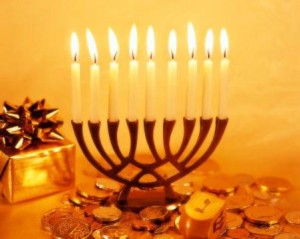Tu B’Shvat- The New Year for Trees
The secular world has just passed the Gregorian reckoning of the New Year of 2013. But for Jews this isn’t a New Year. For those of you who have heard Bob’s teachings concerning the Jewish calendar then you’ll know that the New Year is not January 1st. But in case we seem like party poopers, you should know that we don’t have one New Year’s Day, we have four! - 1st Nisan; 1st Elul; 1st Tishrei; and 15th Shvat. At a time in the calendar divested of leaves and greenness but rich in magic and metaphor, when the land of Israel is experiencing the end of the cold winter and the budding of the springtime to come, Jewish tradition establishes on Tu B’Shvat, on the 15th day of the month of Shvat, (Jan 26) the beginning of nature’s flowering, the New Year of the Trees.
…
Tu B’Shvat- The New Year for Trees Read More »

